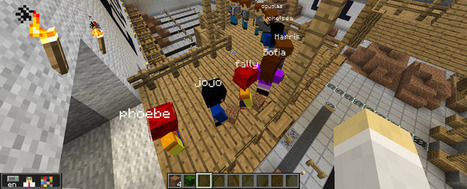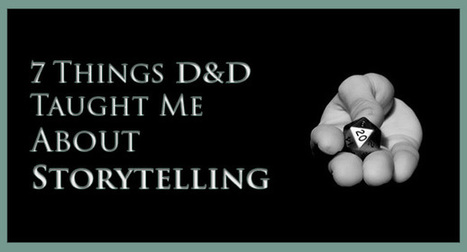Levin insisted that MinecraftEDU wants to avoid telling teachers that this is the way to teach. And this sentiment was echoed by game designer Katie Salen, executive director of the Institute of Play who’s also involved in the design of game-based schools, Quest to Learn, in New York and Chicago. At the Games for Change Festival, she noted:
“What’s interesting about Minecraft is that it’s been taken up by teachers in all subject areas and used in radically different ways” from math and science to cyberbullying. “There’s a quality of Minecraft [in that] because it’s so simple in some ways...that teachers could immediately project into that space a sense of what they could do with it, rather than ‘this game comes to me wholly packaged in terms of what it wants to do for me and what it is going to do for our kids.’”
Levin noted, however, that the popularity of the game among students at home sometimes poses a new challenge to teachers. “When I started three years ago, I did it in a very controlled way because not many kids had known about it,” he said. “Now, kids come in with preconceived notion about how [Minecraft] should be played. They demand mods and abilities.”
His top advice for new Minecraft teachers: “Don’t just start playing.” Levin engages his students in a discussion about the context and goal before each Minecraft session. He’s found that MinecraftEDU sessions are most productive--and fun--when “teachers to talk to the kids about the meaning, purpose, rules, and how the world for the given project should operate.”
In many ways, Levin sees how students interact in the virtual world as a proxy for real-life social interactions. “The class needs to define the community. This may be contrary to kids’ instincts as gamers, which is very individualistic.”
Via Dr. Susan Bainbridge



 Your new post is loading...
Your new post is loading...










